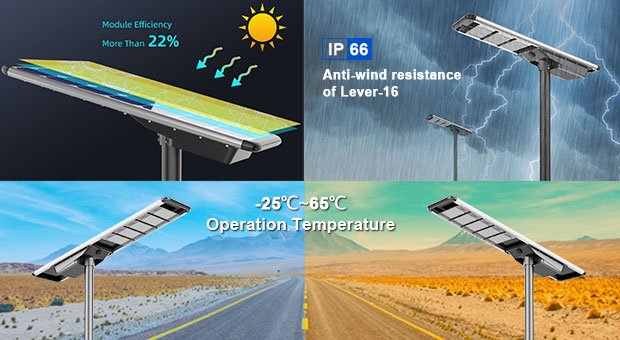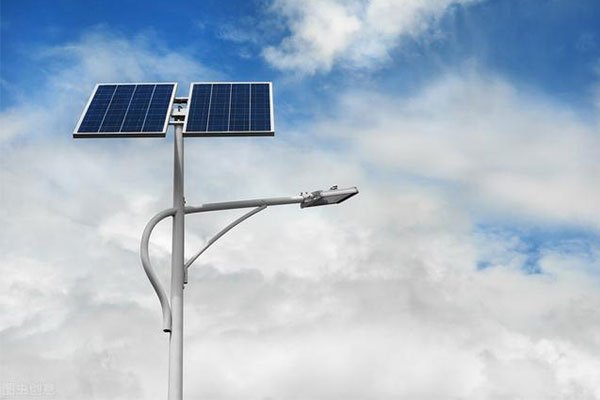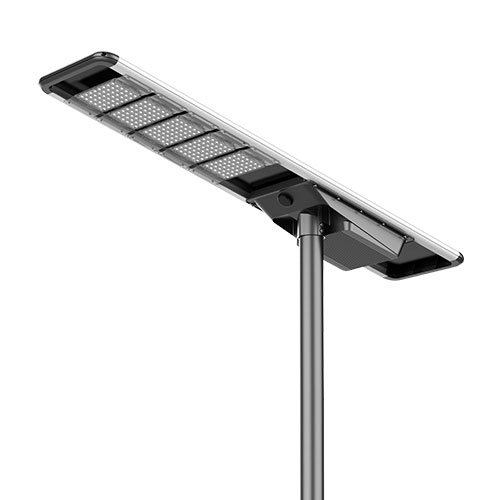Need your lighting project done fast, but worried about manpower, cost, or complex wiring? You're not alone.
With an all-in-one design, integrated solar street lights can be installed in just 20–40 minutes—saving time, labor, and coordination costs.
In this guide, I’ll share how long it really takes, what the process looks like, and how to make it even faster.
Why Installation Time Matters for Your Project?
Deadlines, labor shortages, and rising costs—every project faces them.
Faster installation = lower labor cost, quicker deployment, and fewer delays—especially in rural or urgent projects.
Integrated solar street lights eliminate many of the traditional bottlenecks. This article explains:
- How integrated lights simplify installation
- Realistic time estimates for setup
- What affects installation speed
- How to scale efficiently for big projects
What Makes Integrated Solar Street Lights Easy to Install?
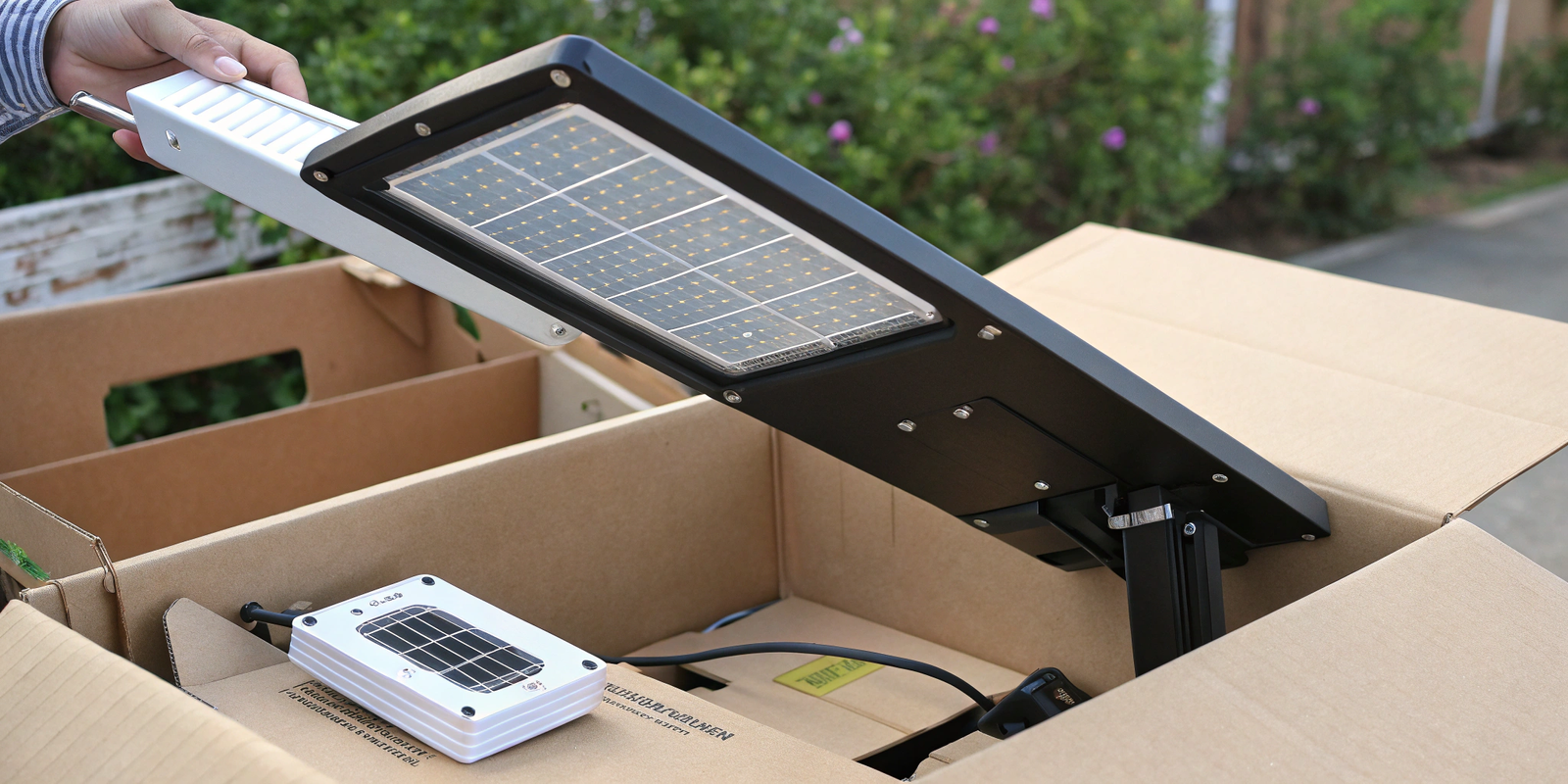
No trenching. No cabling. No grid access. That’s the beauty of integrated systems.
All-in-one solar lights come pre-installed with battery, solar panel, LED, and controller—ready to mount straight out of the box.
Why this matters:
- No need for wiring between pole and lamp
- No need to connect to AC grid
- Quick deployment in rural or off-grid areas
- Minimal tools required
Perfect for:
- Disaster recovery lighting
- Municipal upgrades
- Infrastructure in remote areas
So, How Long Does It Really Take to Install One?
Speed is one of the biggest advantages.
It typically takes 20–40 minutes to install one integrated solar street light.
Time ranges:
- If pole is pre-installed: 20–25 minutes
- If pole and base are installed on-site: 30–40 minutes
- Crew size: 2 trained workers
Key client benefit:
- 3 to 5 times faster than traditional street lighting
- Less equipment and coordination needed
That’s a serious time-saver on large projects.
Real Installation Workflow: What to Expect?
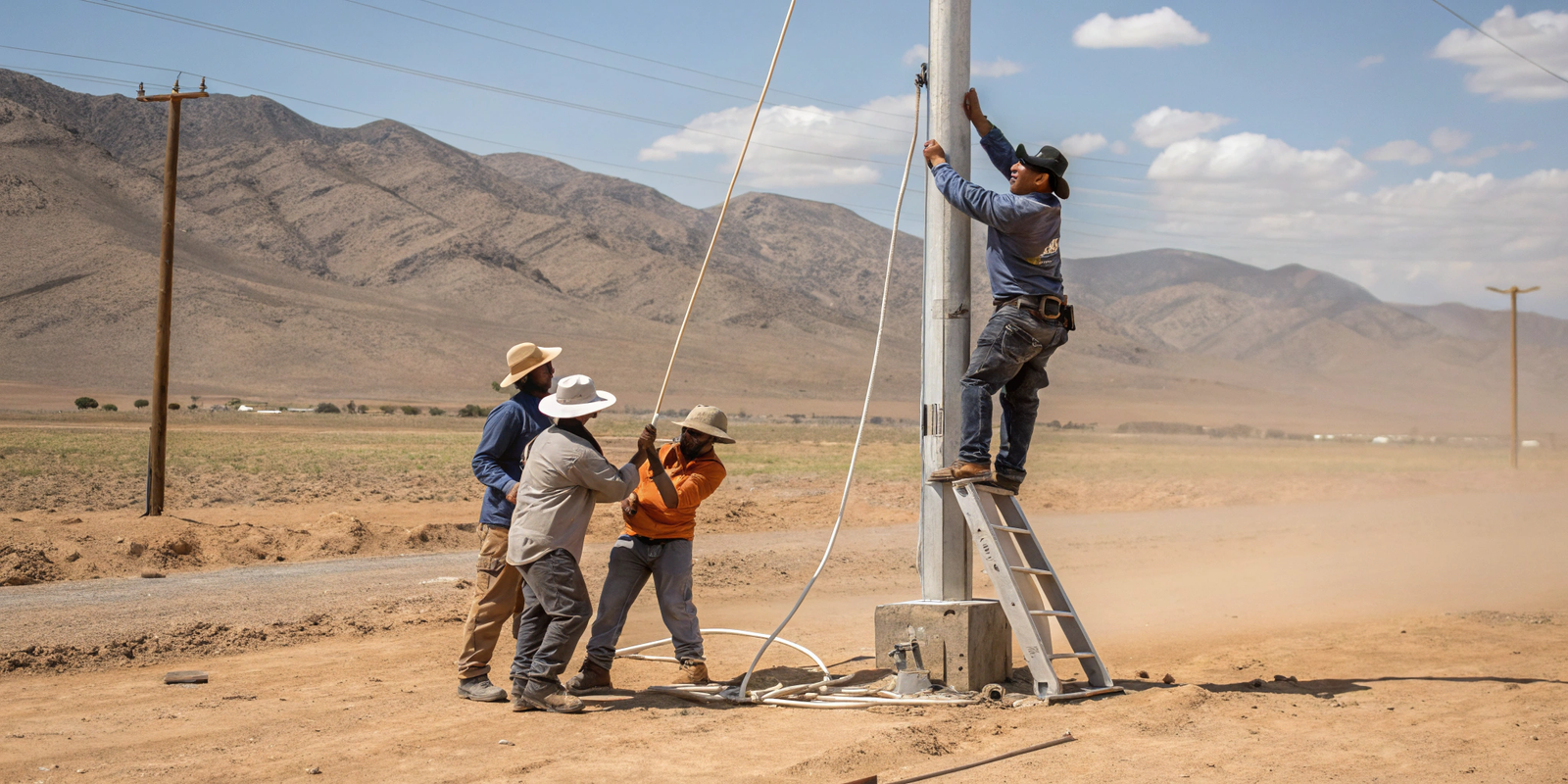
Some clients ask, “Will my local workers be able to do it?”
Yes—they will. Integrated lights follow a simple, step-by-step process that doesn’t require electricians or trenching.
Standard process:
- Prepare and level the light pole foundation
- Fix and stand up the pole
- Attach integrated lamp to the bracket
- Adjust the solar panel direction and angle
- Turn on and test the light
No complicated cables. No control boxes. It’s mostly just mount, align, and test.
What Affects Installation Speed?
Not every site is the same, and not every worker installs at the same pace.
Several variables impact how fast the installation goes—from ground conditions to worker experience.
Factors to consider:
- Ground condition (flat soil vs. rocky base)
- Pole height (3m–10m takes different effort)
- Lamp weight (some models heavier than others)
- Worker experience level
- Use of modular or pre-assembled parts
💡 Pro tip: Ask your supplier to pre-assemble major components before shipping. It saves setup time on-site.
Traditional vs Integrated Solar Lights: Time & Cost Comparison?
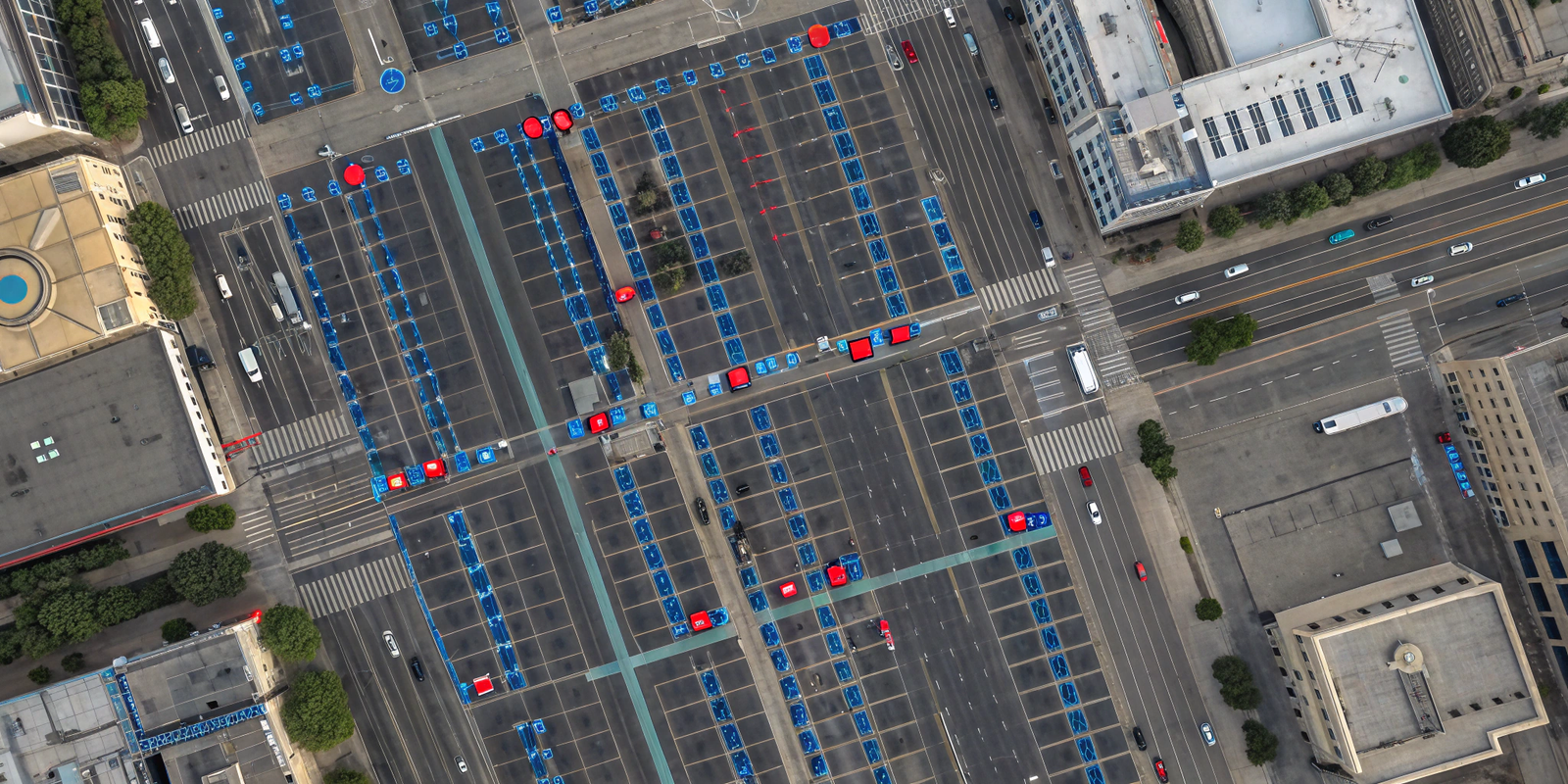
Here’s how integrated systems stack up against traditional grid-connected or split-type solar lights.
| Project Element | Integrated Solar | Traditional Street Light |
|---|---|---|
| Single Light Install | 20–40 minutes | 2–4 hours |
| Cabling Needed | No | Yes (trenching, wiring) |
| Grid Dependency | No | Yes |
| Manpower Needed | 2 workers | 4–6 workers |
| Error Risk | Low | High (multiple components) |
| Project Speed | Fast rollout | Slow, multi-step |
📌 Customer Value: Save time, labor costs, reduce error rates, and simplify project planning.
Tips for Faster Deployment in Large Projects?
For a single unit, 30 minutes might be fine. But for 100+ lights, speed becomes critical.
With the right prep and process, you can install dozens of units per day.
Deployment tips:
- Use prefabricated concrete bases
- Pre-assemble lights and brackets on the ground
- Train local workers—usually takes less than 1 hour
- Divide work into zones and use lifting equipment
- Work with your supplier to develop a standard installation SOP
Batch deployment is all about planning and coordination. Once the rhythm is set, it moves fast.
Conclusion: Fast, Hassle-Free, and Scalable
If you’re dealing with tight deadlines, limited manpower, or challenging terrain—integrated solar street lights are the smart solution. They're fast to install, easy to scale, and perfect for remote or high-volume projects. When time is money, integrated lights give you control over both.


